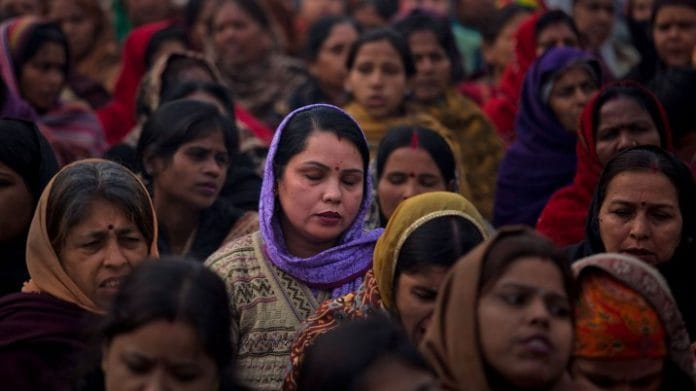Five years since the gang-rape of a 23-year old in the capital left the entire nation shaken, a new Human Rights Watch report has found that survivors of sexual violence are still grappling with the same debilitating culture of humiliation, hostility and harassment across the country’s police stations and hospitals.
Read more on the HRW report here.
What is holding India back from implementing the sexual assault laws passed after Jyoti Singh’s fatal gang-rape five years ago?
The Human Rights Watch in their report released in November 2017 examines the implementation the Criminal Law (Amendment) Act, 2013, and the Protection of Children from Sexual Offences, Act, 2012.
I share here the findings of an eight week long court-room ethnography conducted in a fast track court (FTC) in Lucknow, Uttar Pradesh in April and May of 2015. The findings add to the gaps in the criminal justice system highlighted by the HRW report. The court-room ethnography was undertaken as part of my Master’s degree at the Tata Institute of Social Sciences, Mumbai.
The purpose of the ethnography was to explore the impact of Criminal Law Amendment Act, 2013 in the Lucknow District. The FTC where I undertook the ethnography as a non-participant observer was the only court in the district where all rape trials (involving adult women) were adjudicated.
As a part of the study, focus group discussions at 12 police stations and in-depth interviews with 12 defense and 3 prosecution lawyers were conducted and these stakeholders were found to be unaware of the amendments. They believed (including women officers and lawyers) that all cases of rape involving adult women were ‘consensual’, thus reiterating the myth of women being ‘habituated liars’ and most rape cases being ‘false’.
Their belief stemmed from the fact that most cases (54 out of 96 observed rape trials by the researcher fell within these categories) that were being adjudicated as rape trials at the time were: (i) cases of elopement before the amendment came into force; and (ii) cases involving breaking of or false promise of marriage.
Here are other perspectives on sexual assault laws:
Neetika Vishwanath: Lawyer, Centre on the Death Penalty at National Law University, Delhi
Manasi Phadke: Associate editor, ThePrint
Deepika Narayan Bhardwaj: Director of documentary film “Martyrs of Marriage” on misuse of anti dowry law
Sabah K: Journalist at ThePrint, and survivor of sexual assault
Madhu Mehra: Feminist lawyer and executive director at a legal resource group on women’s equality and social justice
The quality of legal assistance offered by prosecution to the rape survivors was incompetent to say the least (most survivors could not afford private lawyers). They met the survivors on the day of hearing a little before they got their depositions recorded. They did nothing to make them feel comfortable in the intimidating court environment or even stand next to them when the defence lawyers ripped their testimony apart by often asking questions that doubted their character and brought in their previous sexual experience, which is not permissible under law.
The proforma for recording the findings from medical examination of the survivor had changed after the amendment. They did not record the two-finger test results any more. However, the lawyers and police informed me that the test was still taking place, it was just not being recorded.
Neetika Vishwanath is a lawyer and research associate, Centre on the Death Penalty at National Law University, Delhi






